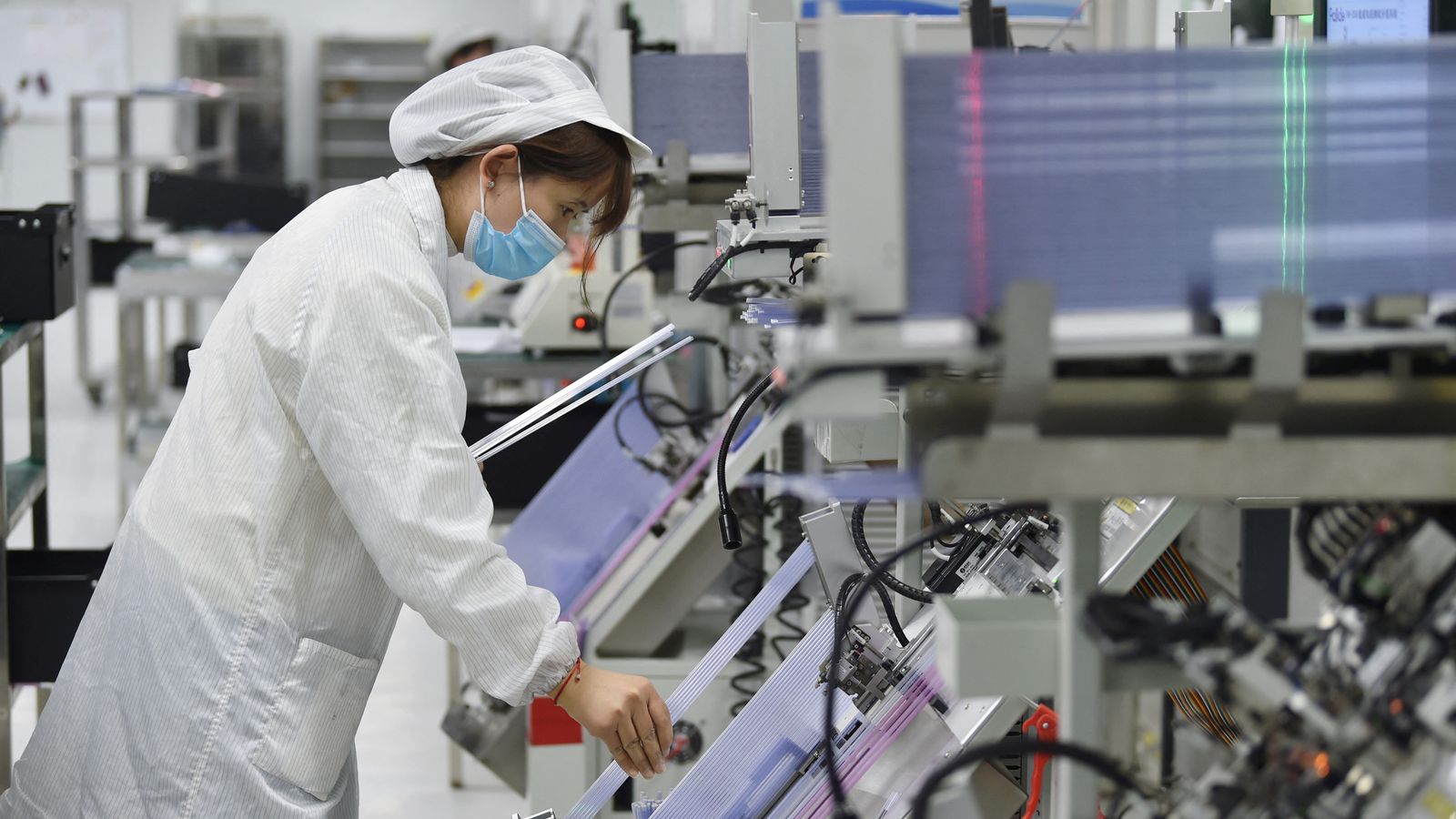Semiconductor strategy: £1bn for vital microchip sector faces criticism

The government’s long awaited national semiconductor strategy has been published and met with a lukewarm response from industry amid ongoing shortages.
Microchip makers, who create the parts needed in almost every electronic item, welcomed the publication of the aid plan but one called for more detail to know if the £1bn promised will be effective and another said it failed to address the barriers facing the industry.
A third of firms are understood to believe the sum will be dwarfed by funding available for companies in the United States and European Union.
Semiconductor shortages have plagued more than 100 industries, halting car making and resulting in a scarcity of PlayStations. Semiconductors have been described as the oil of the 21st century due to the integral role they play in everything from mobile phones to space ships.
As part of the strategy the government has pledged to invest £1bn over the next decade, with £200m spent from this year to 2025.
The aim is to enhance skills in the sector, boost research and development, helping deliver products from lab to market via increased innovation and commercialisation of the sector.
Read more
Without these chips, we are in big trouble – and Britain has no strategy
Body blow for Downing Street and govt promise to turn UK into ‘new Silicon Valley’
While the publication and commitment to growing the industry has been roundly welcomed, the content has been criticised.
“Quite frankly flaccid” is how the founder of the only company in the world capable of making a component to mass produce semiconductor chips described the content.
Advertisement
“It is a long way from addressing the needs of UK chipmakers,” Dr Simon Thomas of Paragraf said.
It does not address “any of the fundamental challenges British chipmakers face”, Dr Thomas added.
“The strategy continues the trend of this Conservative administration proclaiming superlatives like “becoming a technology superpower” without defining what “superpower” actually means or delivering a plan of how we will even begin to reach this objective”.
Please use Chrome browser for a more accessible video player
3:55
The co-founder and CTO at Pragmatic semiconductor, Richard Price, made the case for industry support in March.
The £1bn figure in reality is not that large by industry standards, he said.
The sum is “less than what it would cost to establish a very basic microchip fabrication plant”.
“In reality the UK’s capital commitment is nothing but a rounding error in this industry”.
Questions on the amount being invested were also raised by the founder of Pragmatic Semiconductor.
Scott White said further clarity was needed around “exactly what the £1bn will be applied to, as well as how and when it will be applied”.
“When you look at the areas the UK is focused on there is a valid question to be asked over whether that’s enough money to make a difference – is it too much of a dilution to spread the amount over 10 years? That can only be answered with more detail,” he said
“Ultimately, you could invest £100m annually into something that really moves the needle for the industry. You could equally waste £1bn in a year by focusing it on areas that won’t have an impact.”
The government’s long-awaited plan missed its deadline of autumn 2022 but was positively received by some industry figures.
“These well thought through policy interventions will help UK companies drink from the global fire hydrant of opportunity as this critically important industry grows to $1trn by 2030,” the UK managing partner of Silicon Catalyst said.